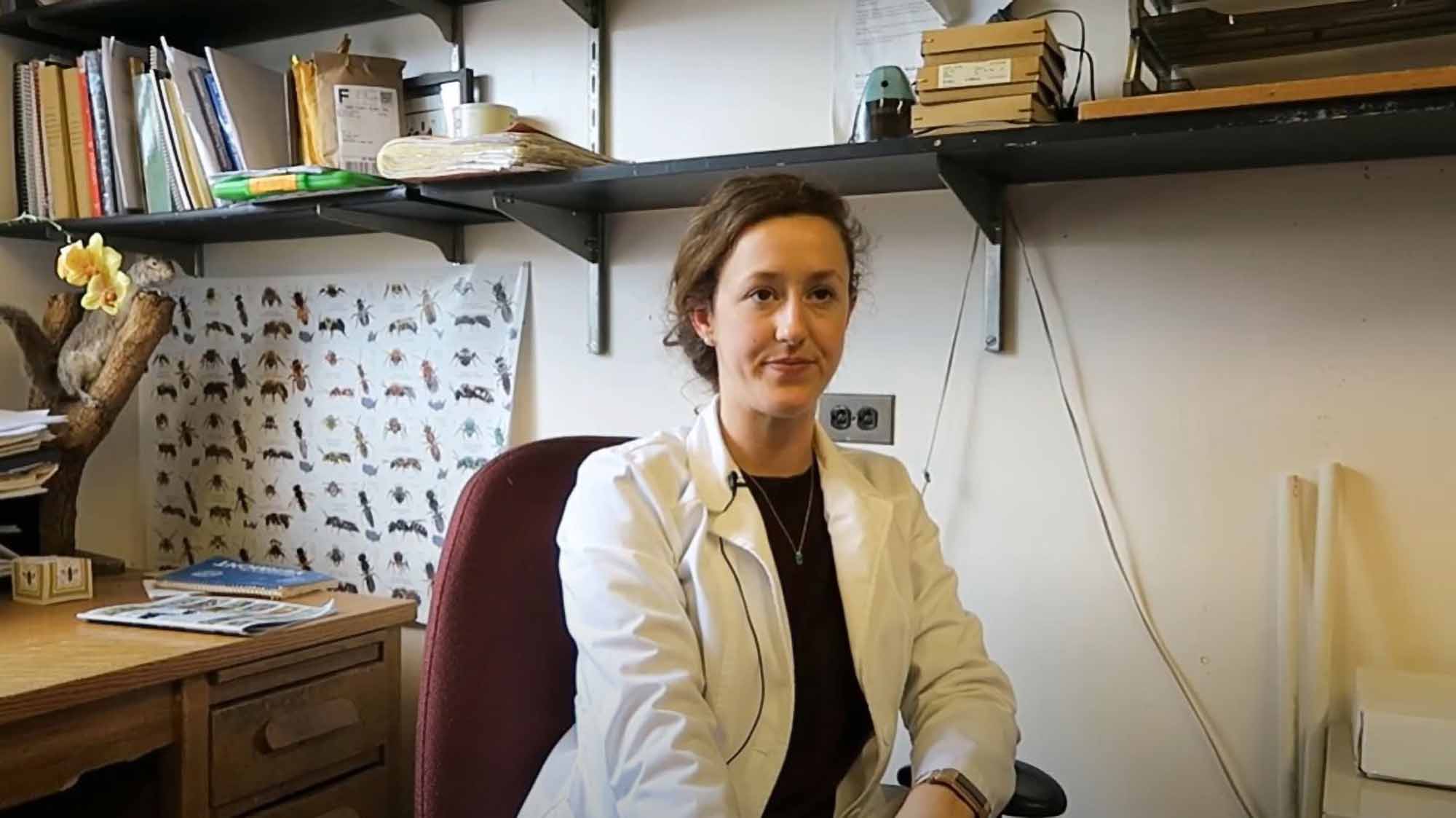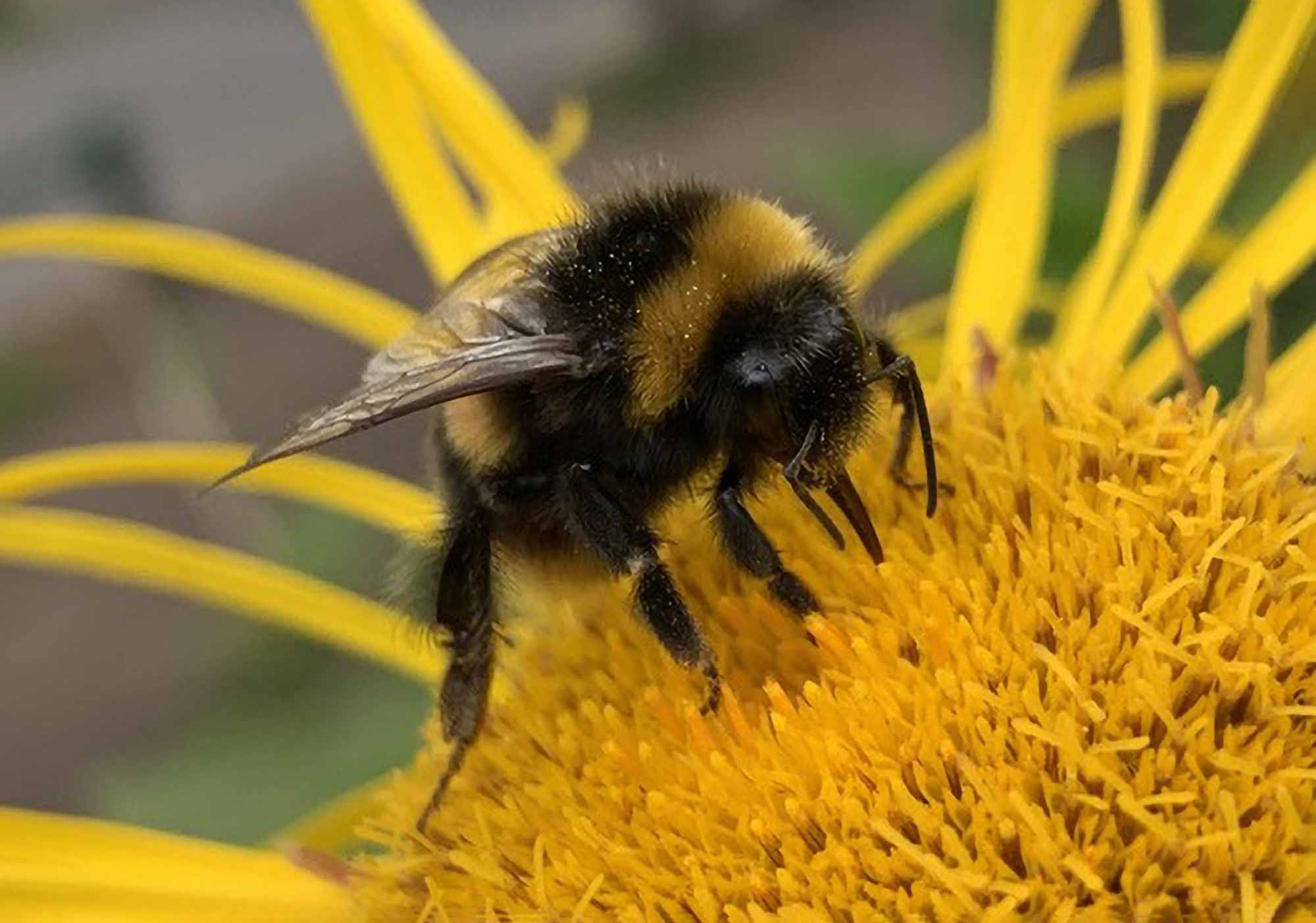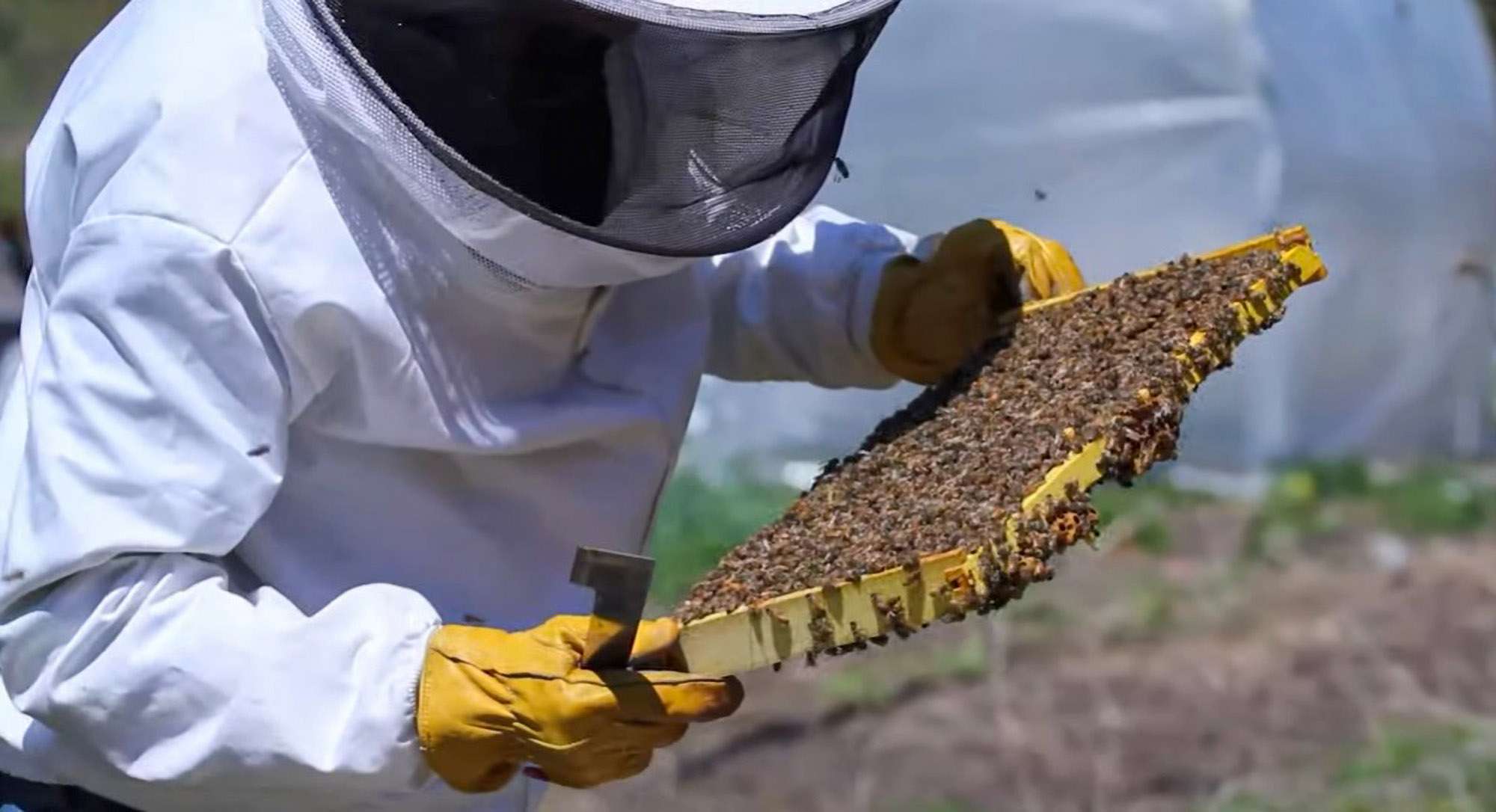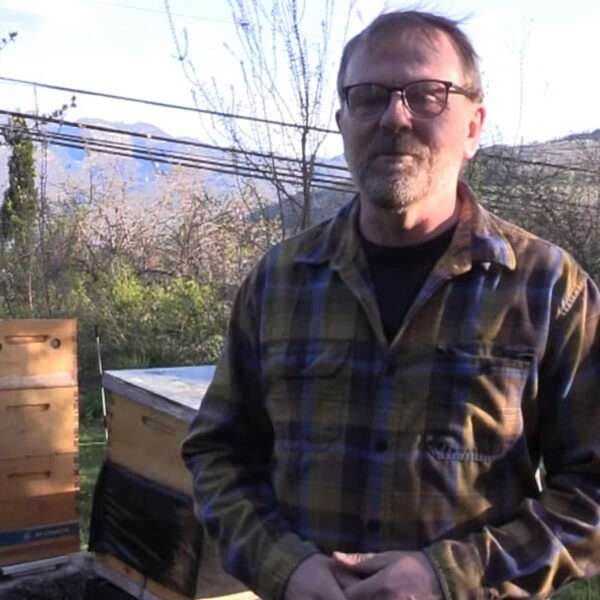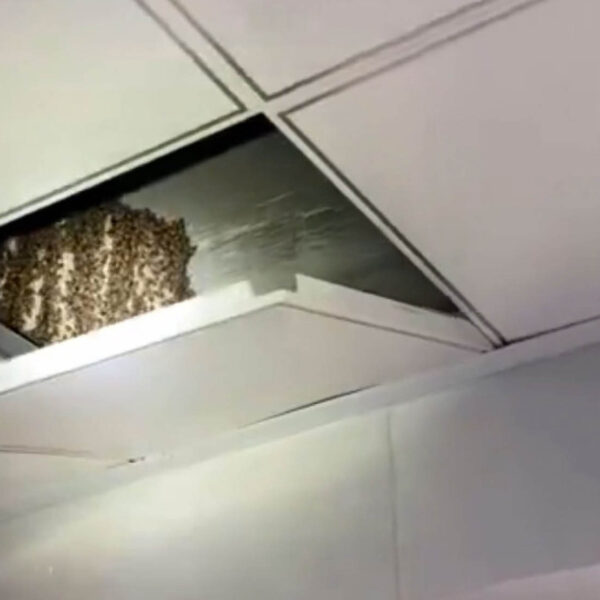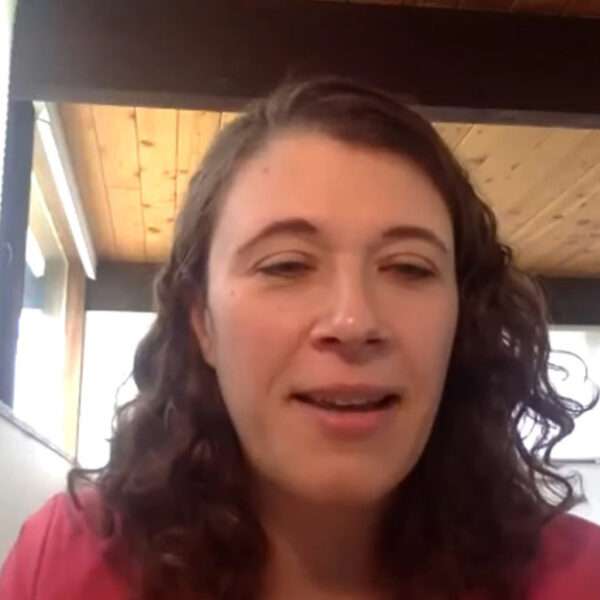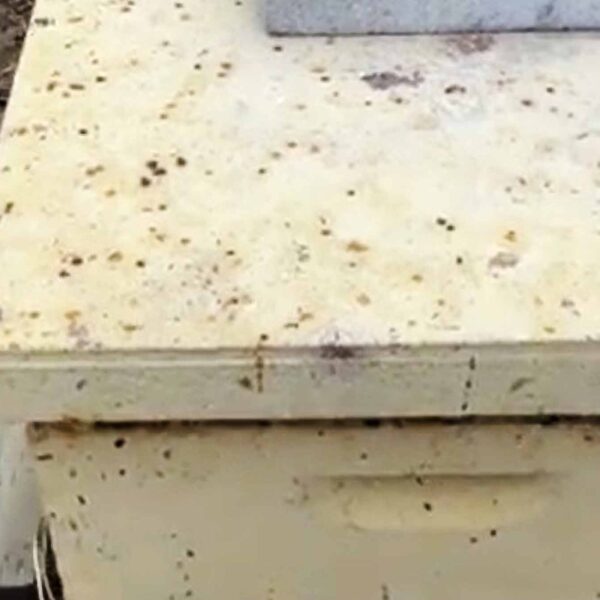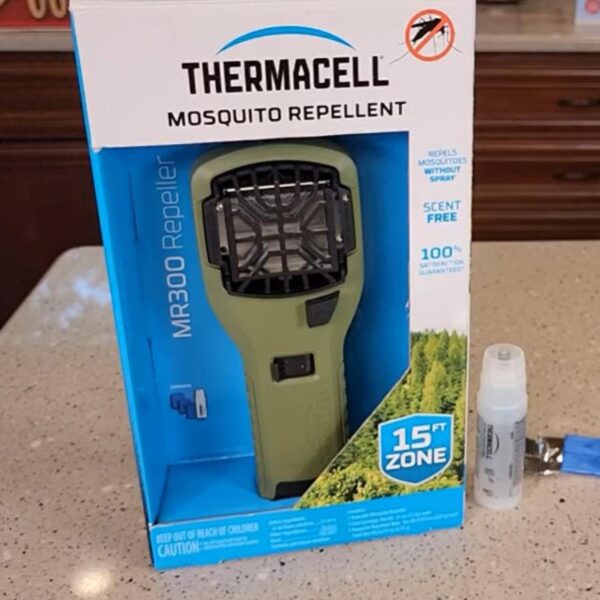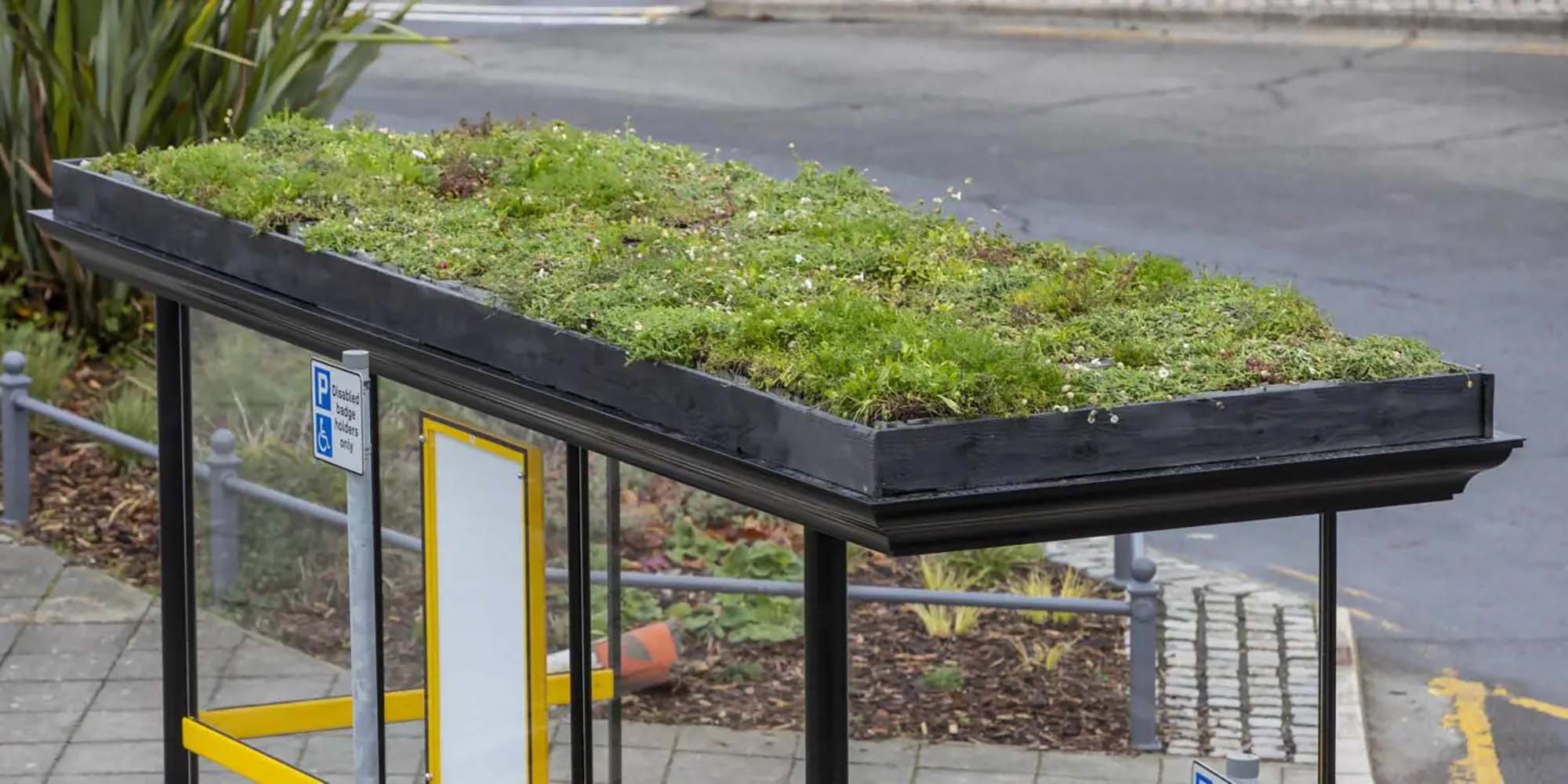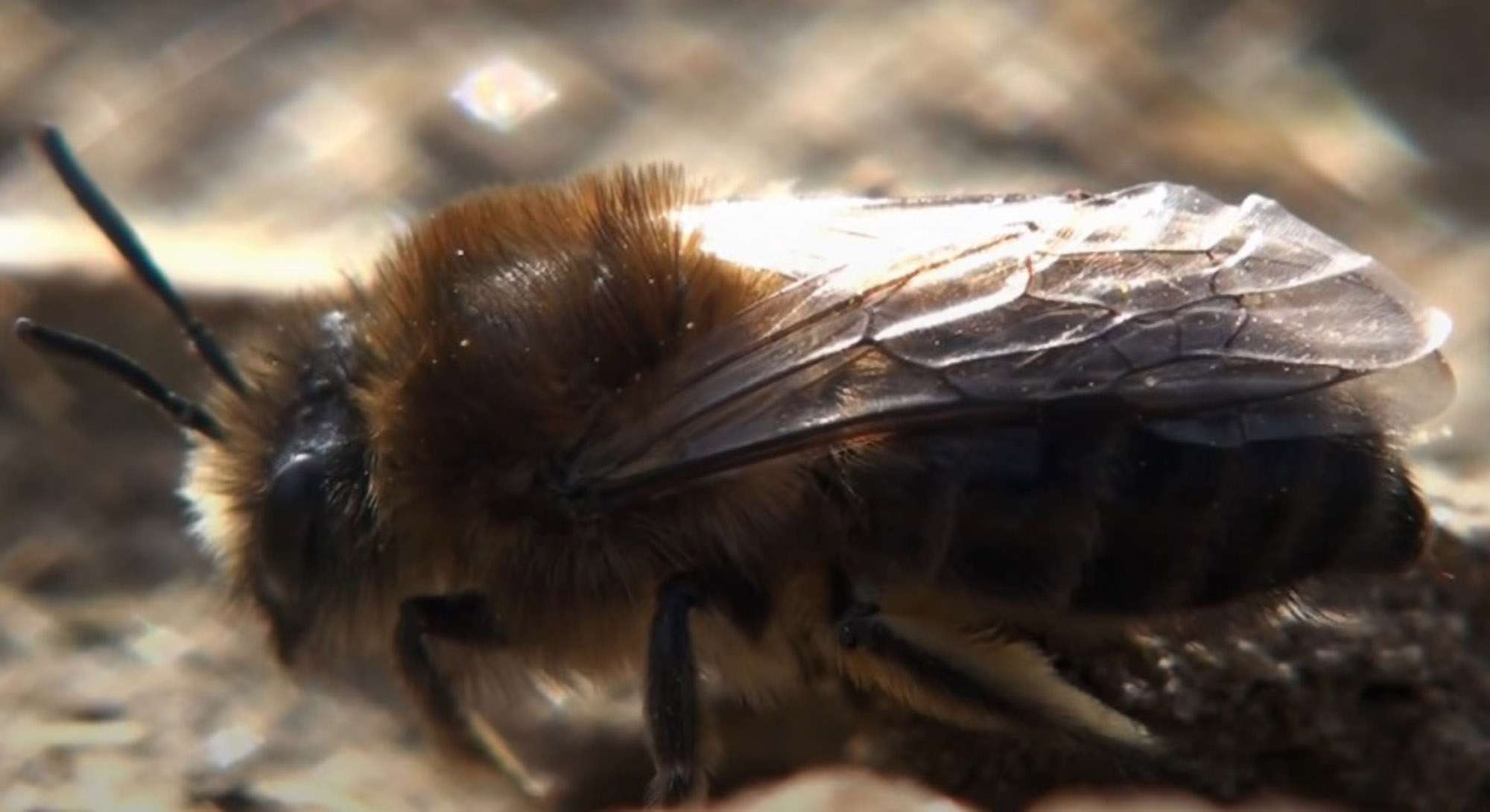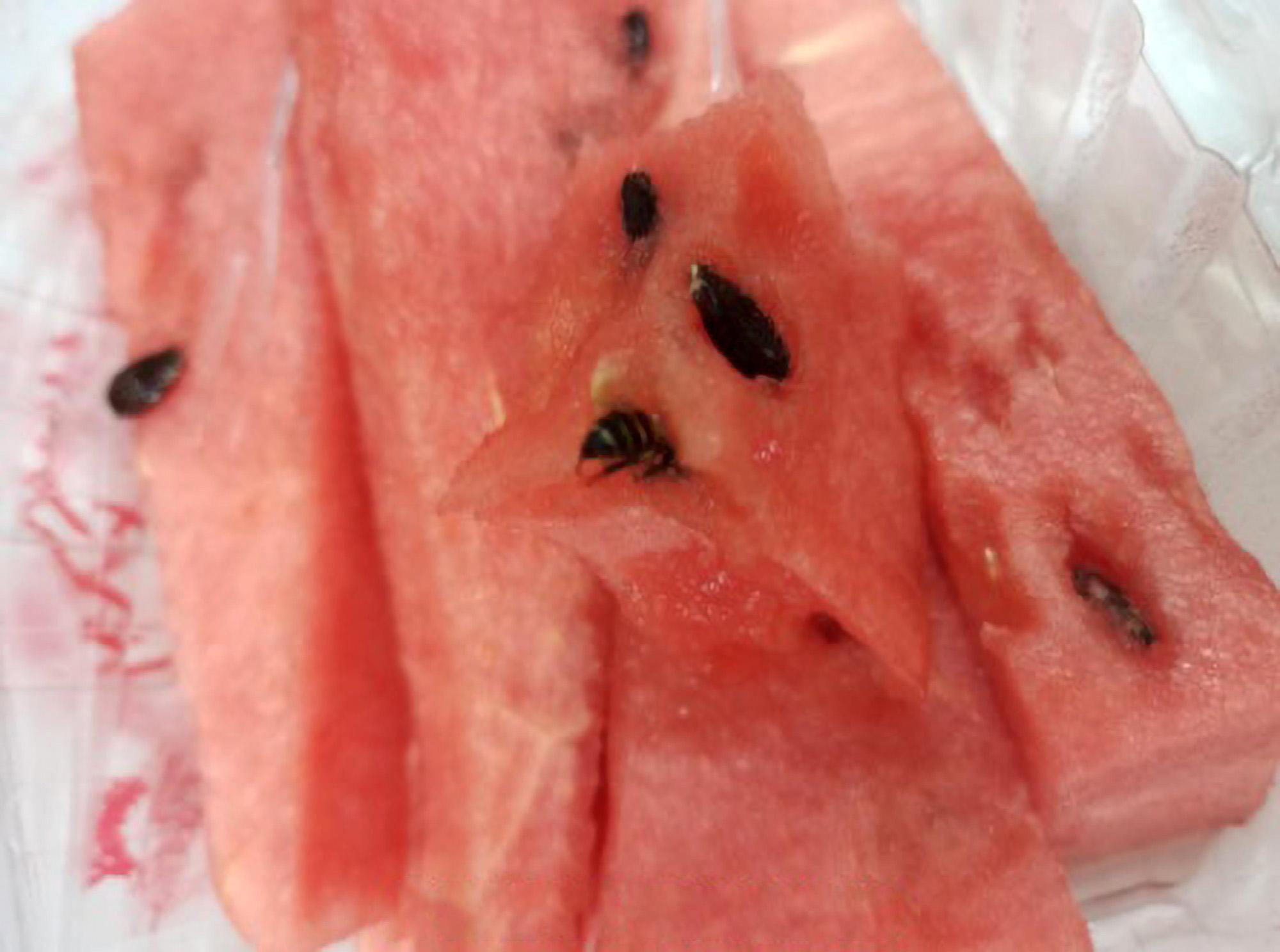Scientists in the United States have established an association aimed at raising awareness of the vital role of bees among the state’s farmers as the application of a controversial type of chemicals continues.
Researchers at the University of Vermont (UVM) have received USD 40,000 (EUR 36,700, GBP 32,100) from institutional and private donors to kickstart their Vermont Pollinator Working Group project.
Prof Samantha Alger is one of its driving forces.
The UVM research assistant professor told local broadcaster WCAX-TV: “It’s an outreach and educational campaign that will identify five important pollinators for the pollination of important crops throughout Vermont.”
Prof Alger – who is an expert on bee diseases – said she hoped that the initiative would help people to understand how to “support these important crop pollinators.”
Prof Alger revealed that intensified research on neonicotinoids would be one of the group’s most important fields of activity.
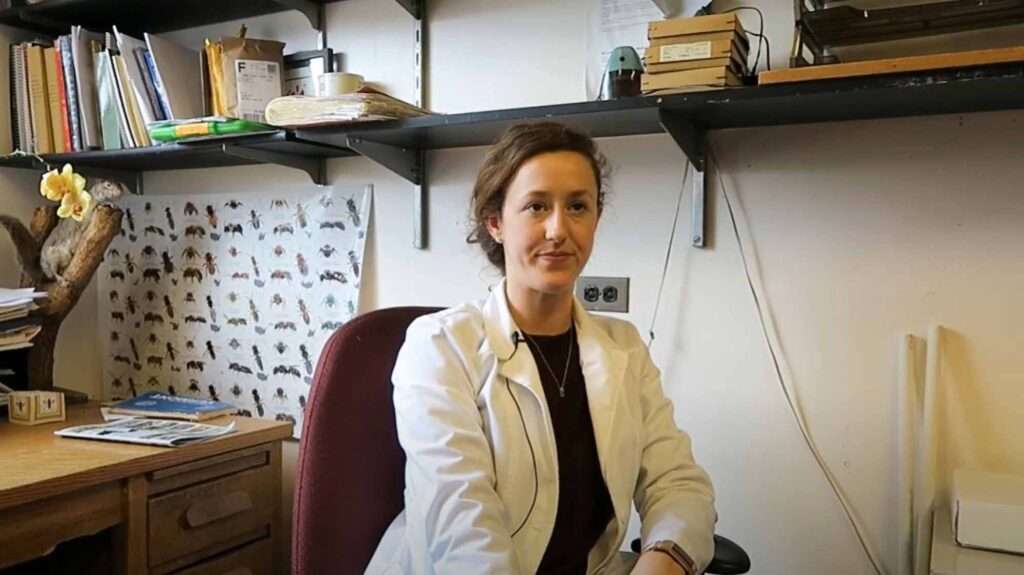
Neonicotinoids are chemical agents that are highly toxic to insects. Several studies have shown that their application seriously impairs the animals’ nervous systems.
Prof Alger explained that the Vermont Pollinator Working Group would investigate the substances and take pollen samples from hives to check for pesticide residues.
In Vermont, neonicotinoids are applied by agricultural businesses growing corn and soybean, according to the Vermont Business Magazine.
Prof Alger said: “In 2021, we tested 16 pollen samples from Vermont bees and found 81 detections of 20 different pesticides, some of which are considered toxic to pollinators in small concentrations.”
She vowed to “build on this research and make sure the data are available to growers, advocates and policymakers.”
Meredith Niles is the acting director of the Gund Institute for Environment, which is one of the group’s sponsors.
Meredith underlined that the various domesticated and wild bee species “help our crops grow and provide billions of dollars in benefits to our food systems each year.”
The Gund Institute chief – who warned that many bee species were “threatened worldwide” – said she was convinced that “this promising project is needed to help coordinate action on pollinator declines in Vermont and beyond.”
Meredith identified finding solutions “that work for farmers and the environment” as one of the initiative’s main goals.

